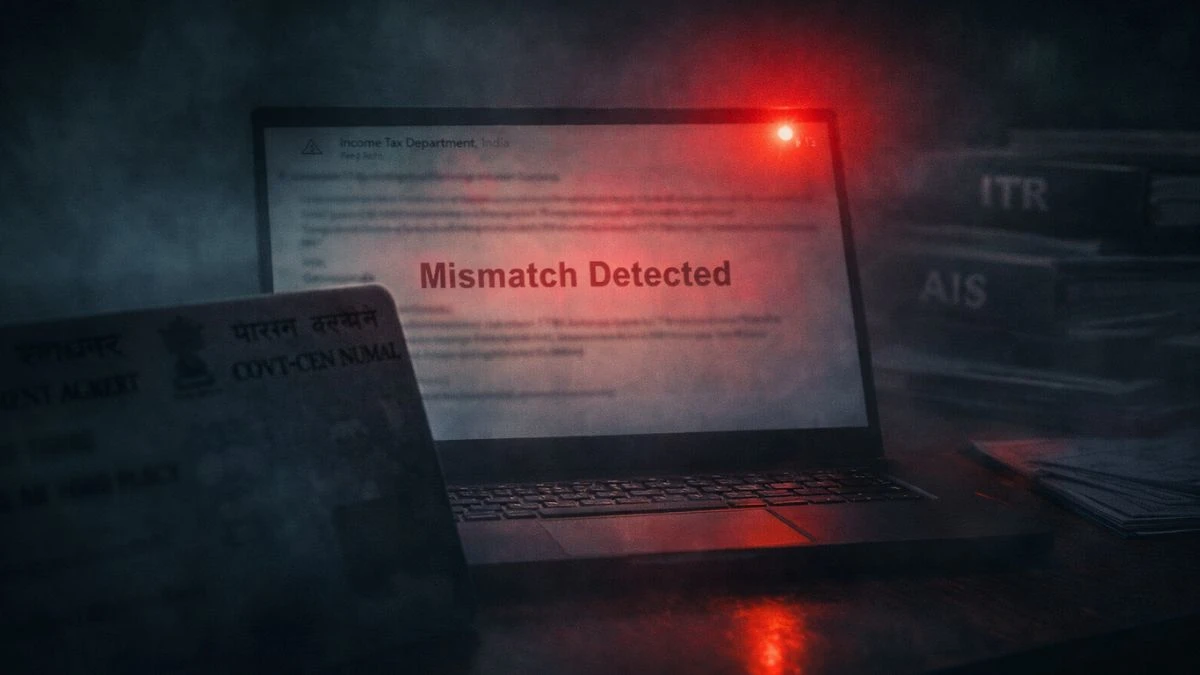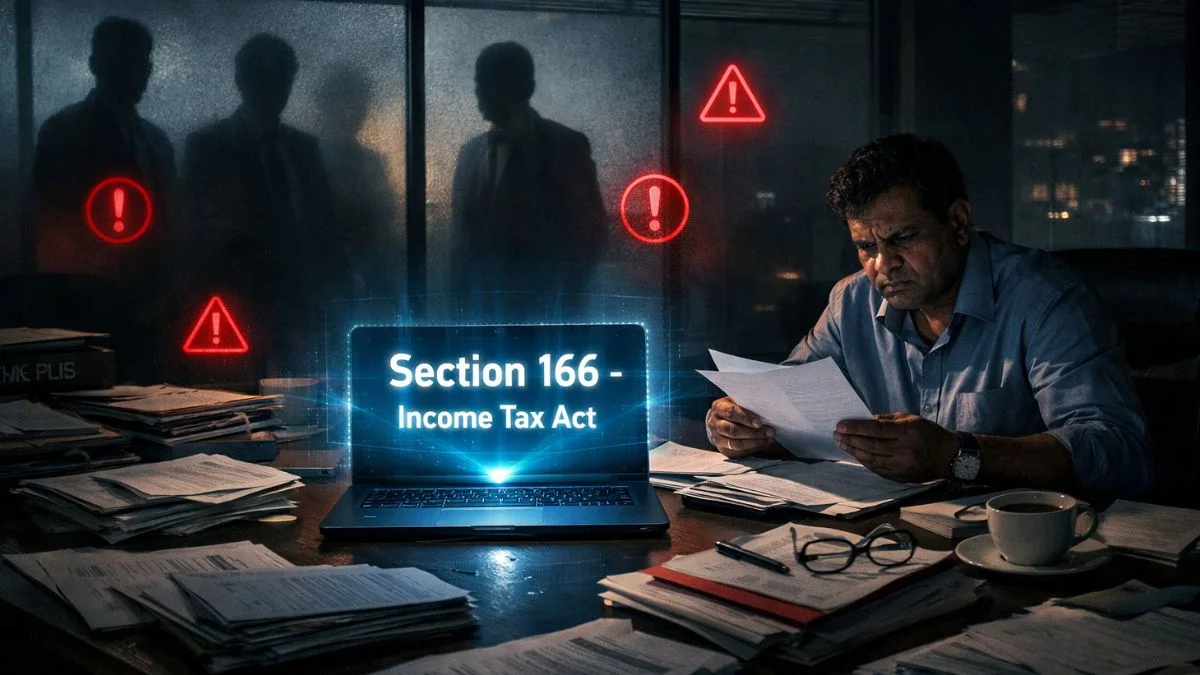
Can We File a Return Past 5 Years? | Updated for FY 2024–25 & AY 2025–26
If you've missed filing your Income Tax Return (ITR) for multiple years, you’re not alone. One of the most common queries Indian taxpayers have is:
“Can I file my ITR after 5 years?”
Or more specifically,
“I missed filing my return for FY 2019–20. Can I still file it in FY 2024–25?”
Let’s unpack the rules, timelines, exceptions, and government provisions that apply to filing an ITR beyond 5 years, especially relevant for Indian residents, NRIs, and business owners.
📌 Understanding the Basics: Due Dates for Filing ITR
Each Financial Year (FY) ends on 31st March, and the ITR for that FY is filed in the Assessment Year (AY) that follows.
• FY 2024–25 (1st April 2024 – 31st March 2025)
• AY 2025–26 (period in which the ITR for FY 2024–25 will be filed)
For most individuals, the due date is 31st July 2025 for AY 2025–26.
If missed, a Belated Return can be filed by 31st December 2025.
✅ How Many Years Can You File ITR Late?
You can legally file a return for a financial year only up to 1 year after the end of the relevant FY, and not beyond that, unless special approval is granted.
⛔️ You cannot file a return that is older than 1 Assessment Year, unless you apply for condonation of delay under special circumstances.
❌ Can You File ITR for FY 2019–20 in FY 2024–25?
No. As per current law, the last legal date to file for FY 2019–20 was 31st March 2021 (under extended COVID relief).
That window has long passed, and now ITR for that year can’t be filed normally, unless you:
• Apply under Section 119(2)(b) to the CBDT
• Provide a valid reason (e.g., refund due, genuine hardship, TDS wrongly deducted, etc.)
Even then, the application must be approved by the income tax authority, and it's not guaranteed.
🔍 What Is Section 119(2)(b)?
This is a condonation provision under the Income Tax Act that allows the Central Board of Direct Taxes (CBDT) to permit delayed filing in genuine hardship cases, especially if:
• A refund is due
• Tax credit (TDS/TCS) is claimed
• You have faced a medical emergency, business loss, or unavoidable delays
You need to submit a formal application, either online or via your jurisdictional AO, depending on the amount of refund involved.
💡 If the refund claimed is:
• Below ₹50,000 → handled by your local assessing officer
• ₹50,000 – ₹2 lakh → Principal Commissioner of Income Tax
• Above ₹2 lakh → CBDT’s approval required
⚠️ What Happens If You Don’t File?
If you don’t file ITR for multiple years:
• You cannot claim tax refunds
• You may face notices under Section 148 (income escaping assessment)
• Losses cannot be carried forward
• Loan approvals, visa applications, and business tenders may be affected
• Higher TDS rates under Section 206AB may apply for non-filers
📝 What Can You Do Now?
If you’ve missed filing ITR for any year before FY 2023–24, and especially beyond 1 year from the end of that FY:
1. Identify the reason (refund, error, deduction claim, etc.)
2. Draft a condonation request citing Section 119(2)(b)
3. Attach proofs like TDS certificates, Form 16/26AS, medical records, etc.
4. Submit to the proper tax authority
Final Thoughts
You cannot file a return past 5 years under normal provisions. In fact, after one year from the end of the financial year, filing ITR is restricted unless the CBDT gives special permission.
So, for FY 2024–25, make sure you file your return by 31st December 2025 at the latest.
And if you've missed past years, explore condonation only if there's a strong justification.
💡 Tip: Don’t wait! Filing ITR on time not only avoids penalties but also protects your financial credibility.
Our tax experts can help you file updated returns legally and avoid penalties.
👉 https://callmyca.com/business-tax-filing











